

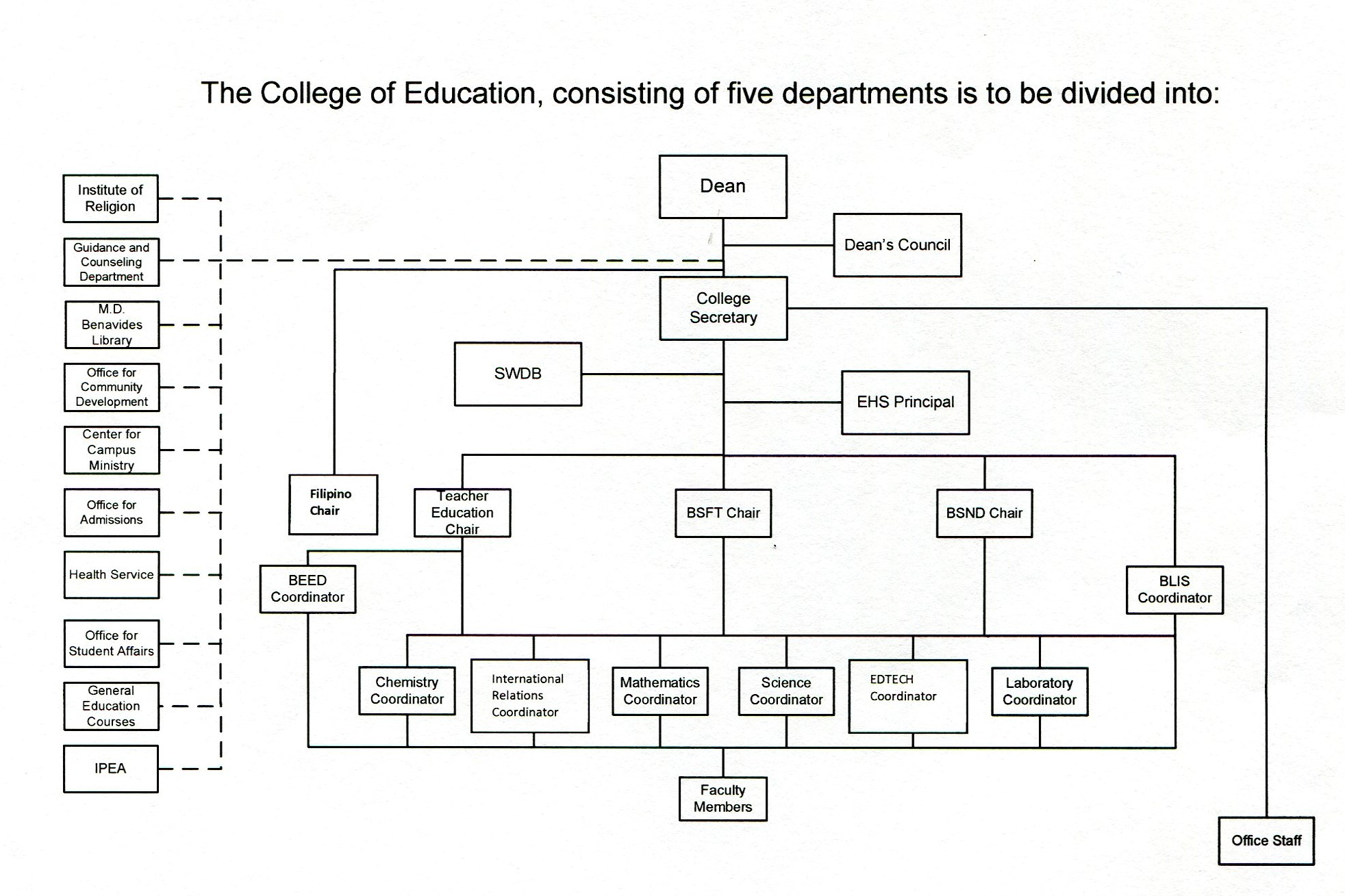
Source: Quality Manual, College of Education 2012

Advancing Pedagogies through Experimentation
This project aims to develop and implement new ways of teaching and Instructional delivery through pilot testing of emerging pedagogies and approaches consistent with the changing classroom landscape and learner orientation.

Balancing Expectations, Leverage, Information through Employer Expectations
This project aims to establish a strong and dynamic relationship with current and future employers of students through a sustained dialogue and partnenrship aimed at learning from the observations, insights, musings and recommendations of schools as vital inputs for the curricular and instructional enhancement initiatives of the various programs in the college.

Creating Link between Information and the Public
This project aims to establish a functional, relevant and up-to-date website that would keep both the students, faculty, alumni and the general public aware of the developments, initiatives and innovations undertaken by the programs in the college.

Creating Opportunities for Research Dissemination
Operating in the principle: Every faculty and student, a researcher, this project endeavors to provide a fertile and sustaining climate that supports the conduct and dissemination of scholarly outputs to advance knowledge frontiers in the discipline, improve disciplinal practices and inform policy initiatives.

Deepening Opportunities for Spiritual Enhancement
This project aims to create a space for the development of spirituality-led teachers whose dispositions are rooted on prayerful dependence on God; whose interactions with others reflect relational harmony, grace, and mercy and whose hearts are informed by compassion for others.

Developing Recreational Activities for Wellness
This project aims to provide the faculty with health promotion initiatives geared toward enhancing productivity, teamwork, morale, and effectiveness.

Enhancing Learner Agency and Trajectory in Education
This project aims to establish meaningful platforms geared toward engaging and empowering students as learners, collaborators and leaders in the field.

Enhancing Learning through Innovative Technologies in Education
This project initiative capitalizes on the maximum effective use of Information and Communications Technology in advancing student learning and in addressing the ever increasing demands of various professional groups for new learning and field advancement.

Involving Parents to Advance the Development of Students
This project endeavors to establish a dynamic partnership with parents in facilitating the holistic development of students as they move from one transition stage to another.

Lifegiving through Education in Action Platform
Capitalizing on the pivotal role and unique power of education in understanding and addressing key societal issues and concerns, this project deepens students' curriculum-based learning with the opportunity to design meaningful service learning projects that revolve around direct, indirect, advocacy and research type of service to various sectors in society that are challenged by social problems and dilemmas.

Opening Pathways for Internationalization, Networking and Exchange
This project aims to strengthen existing college resources, both human and non-human, through sustained and functional linkages with institutions, agencies and units here and abroad. This project is managed by a Coordinator for Internationalization who is under the Office for International Relations and Programs (OIRP) of the university. This unit in the university was opened in response to the challenge of the ASEAN Economic Integration.
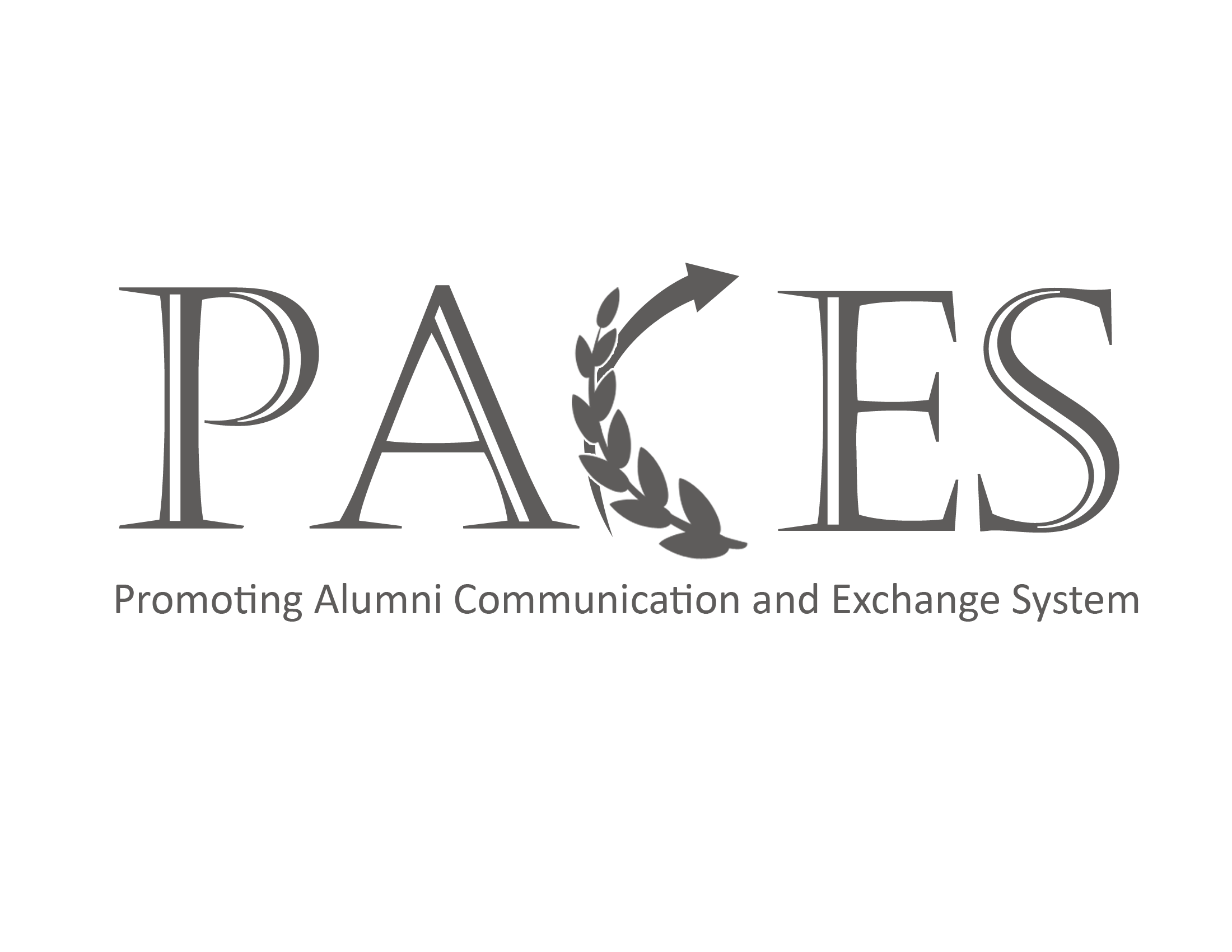
Promoting Alumni Communication and Exchange System
This project aims to strengthen the unique and pivotal role of the alumni in furthering the vision-mission of the college in various areas of engagement.

Revitalizing Appreciation for Culture through Education
Driven by the idea that the school is a privileged place where cultural transmission occurs, this project purports to promote a deep sense of rootedness and appreciation for the Filipino culture among the various sectors in the school community.

Recognizing Excellence in Academic Practices
This project aims to create a platform where achievements and unique contributions of students and faculty in scholarly endeavors and engagements are recognized with a view to promoting a culture of excellence.

Strengthening Content Orientation and Understanding of Teachers
This project aims to provide support structure and mechanism to teachers, both preservice and in-service as they face the demands and expectations of the newly implemented K to-12 program in the country.

Strengthening Leadership Opportunities for Excellence and Service
This project purports to provide in-house faculty with varied learning opportunities to grow professionally and advance disciplinal understanding through exposures to relevant teacher development activities that deepen and strengthen both their content and pedagogical orientations in their field of expertise. This comes in the form of short-term fellowships, exposure trips, and benchmarking activities here and abroad.
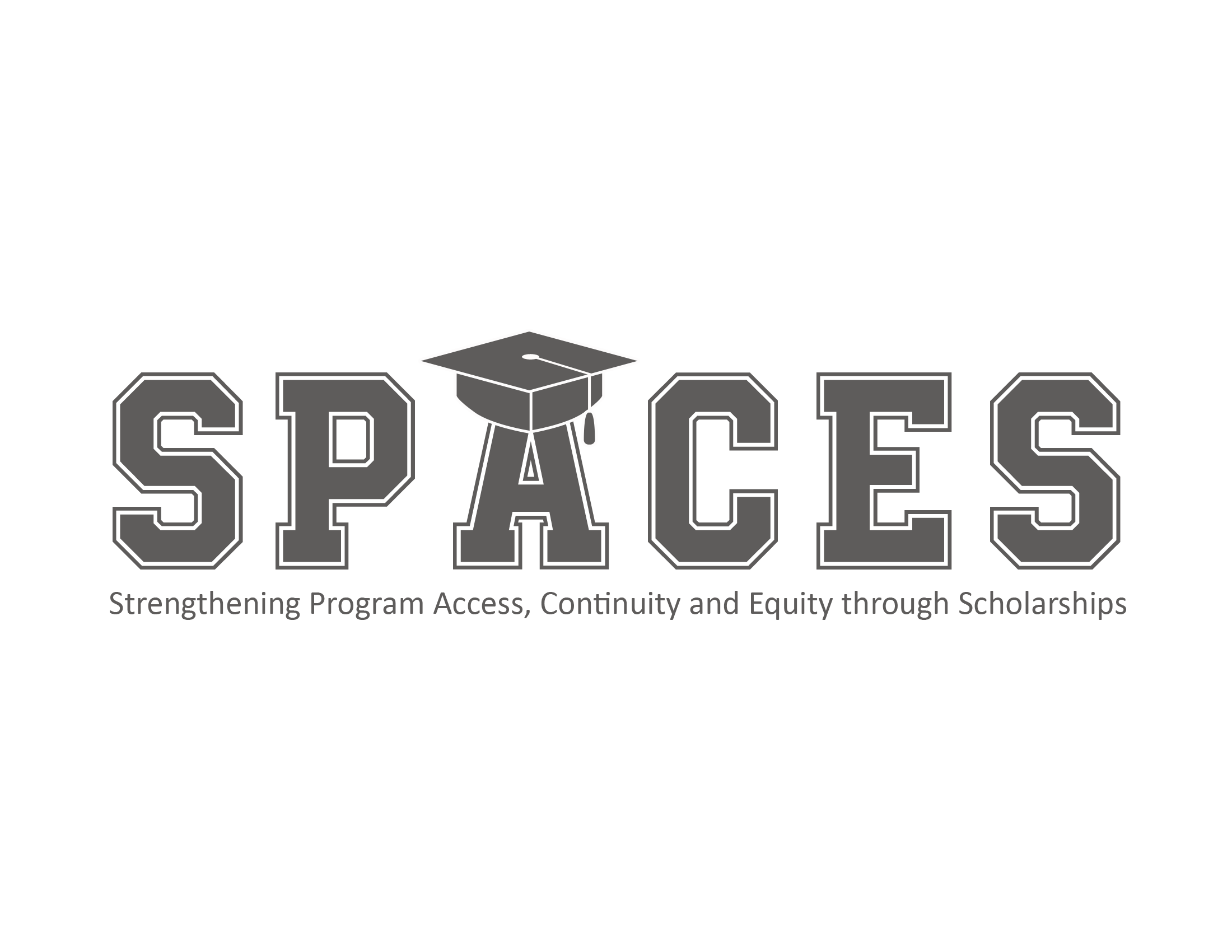
Strengthening Program Access, Continuity and Equity through Scholarships
Cognizant of the changing socio-economic landscape of university students vis-a-vis the potential threat of increasing number of school leavers, this project aims to democratize students' access to college education through increased provision of alternative sources for financial assistance to underprivileged and yet deserving students to finish their program of study with the sustained and unprecedented support from the alumni, industry partners and other agencies.

Teaching Innovation for Student Advancement
This project aims to provide a fertile ground for the sharing and exchange of innovative teaching practices in various disciplines that are geared toward facilitating better and active student learning and engagement.
Prof. Allan B. de Guzman, Ph.D.
Dean, College of Education
Rev. Fr. Winston F. Cabading, OP, SThL-MA
Regent, College of Education
Asst. Prof. Kashmer T. Cruz, MA
College Secretary
Asst. Prof. Loreto S. Sauz
Principal, UST-Education High School
Mr. Alvin Ringgo C. Reyes, MA
Chairperson, Teacher Education Department
Asst. Prof. Elizabeth H. Arenas, Ph.D.
Chairperson, Food and Nutrition Science Department
Asst. Prof. Ma. Pri-Ann M. Tinipunan, MALS
Coordinator, Library and Information Science Program
Asst. Prof. Rose Marie M. Cordura, MA
Coordinator, Elementary Education
Ms. Diane S. Mendoza, MSc, RND
Coordinator, Nutrition and Dietetics Program
Assoc. Prof. Zendel Rosario M. Taruc, Ph.D.
Chairperson, Department of Filipino
Assoc. Prof. Joel L. Adamos, MA
Coordinator, International Relations
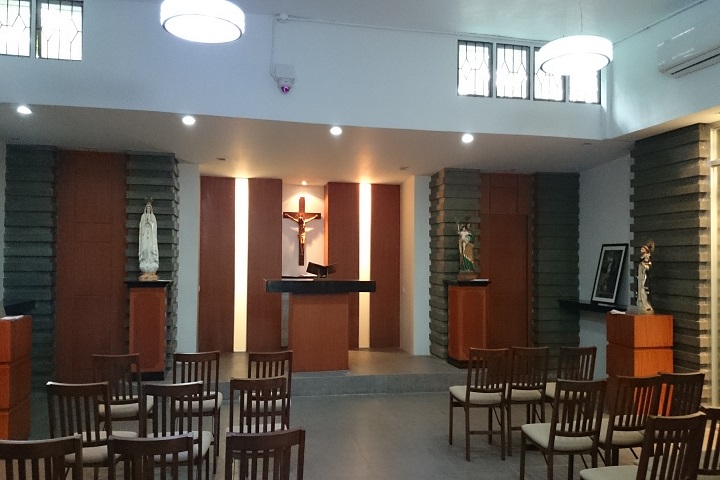
Albertus Magnus Chapel
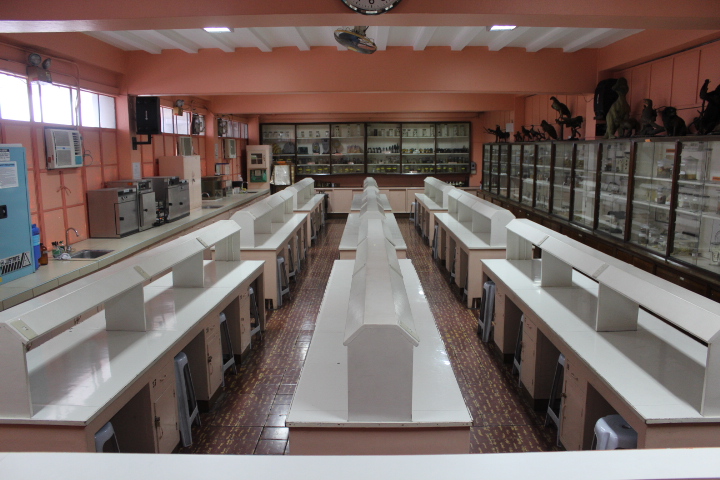
Biology Laboratory
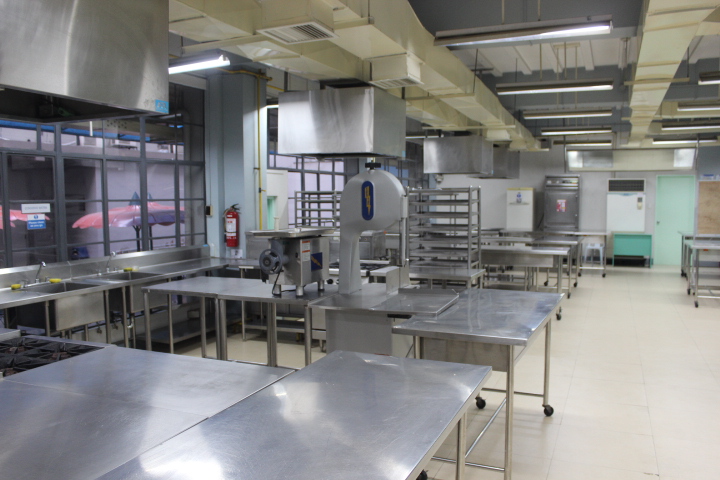
Food Laboratory

Cafeteria
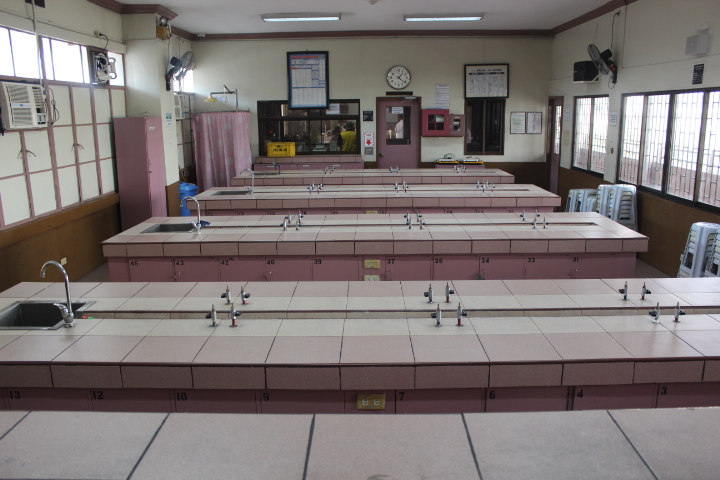
Chemistry Laboratory
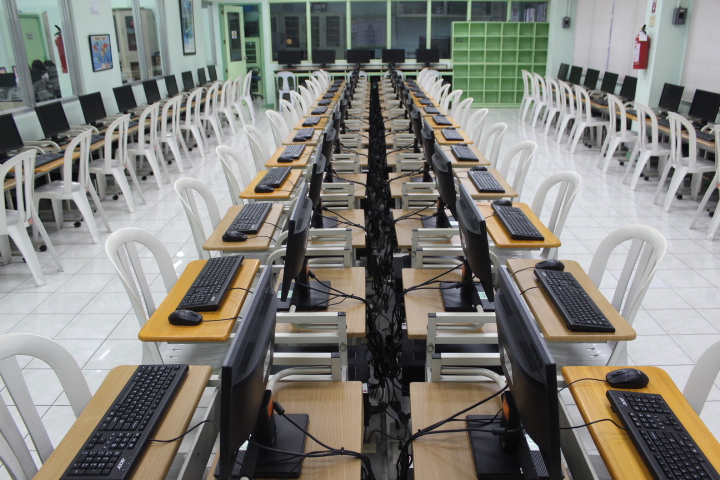
Computer Laboratory
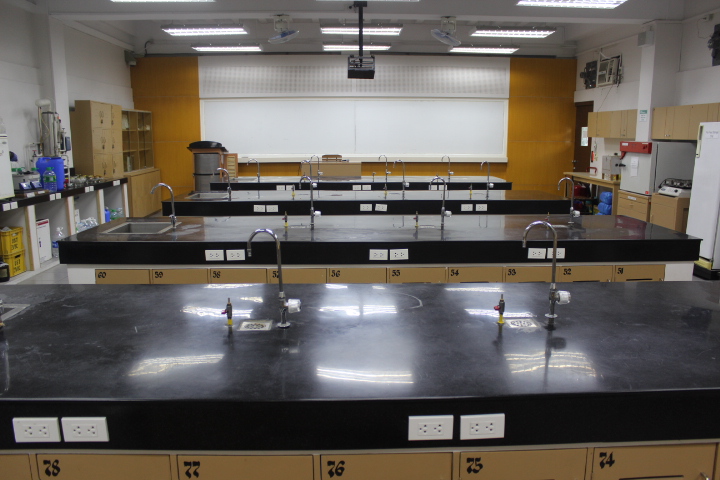
Food Technology Laboratory
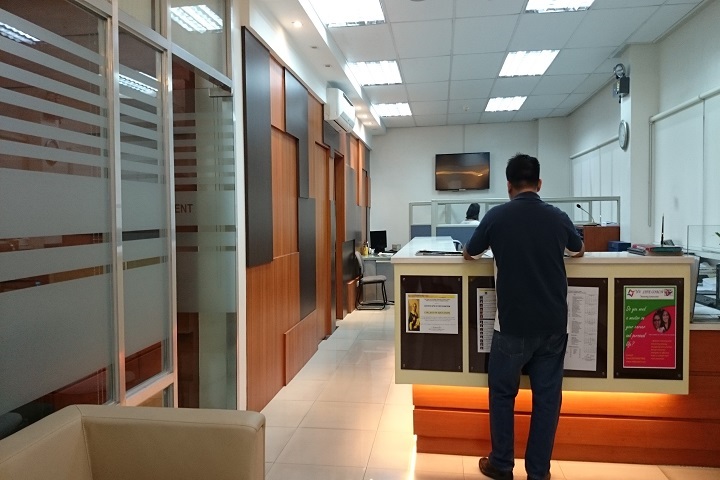
Dean's Office
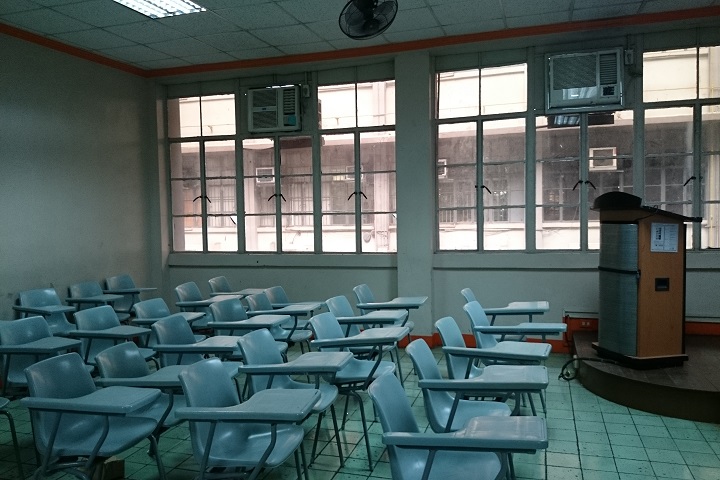
Multimedia Classroom
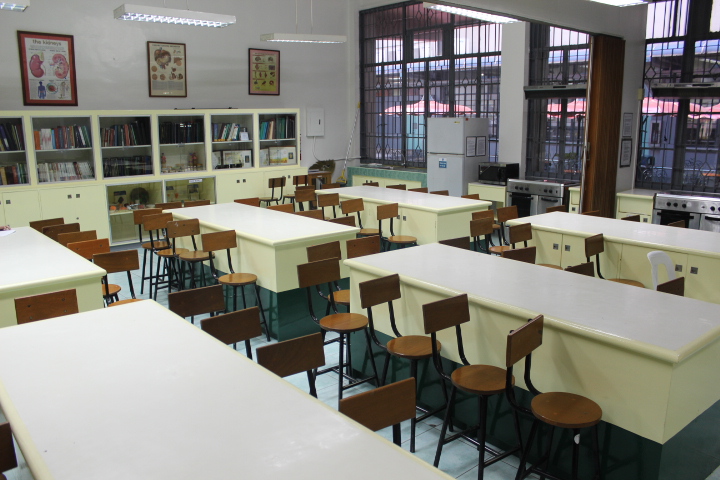
Nutrition Laboratory
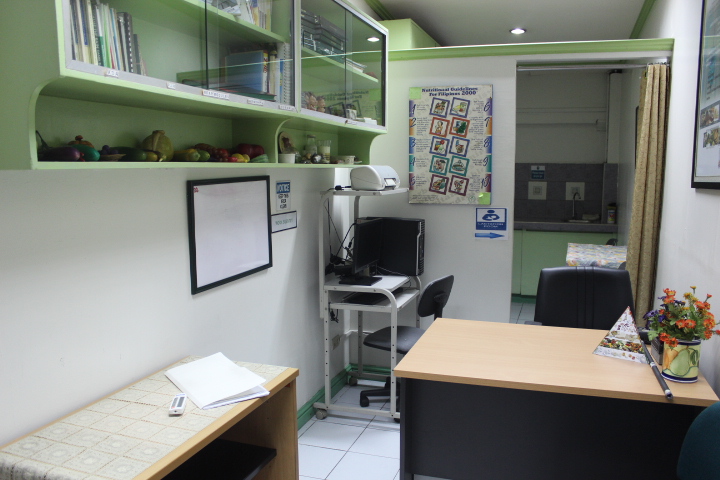
Nutrition Clinic
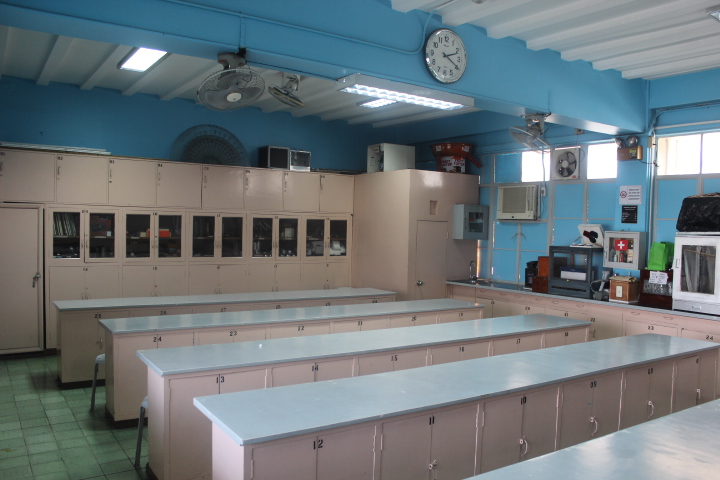
Physics Laboratory